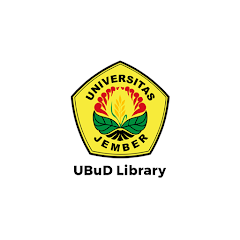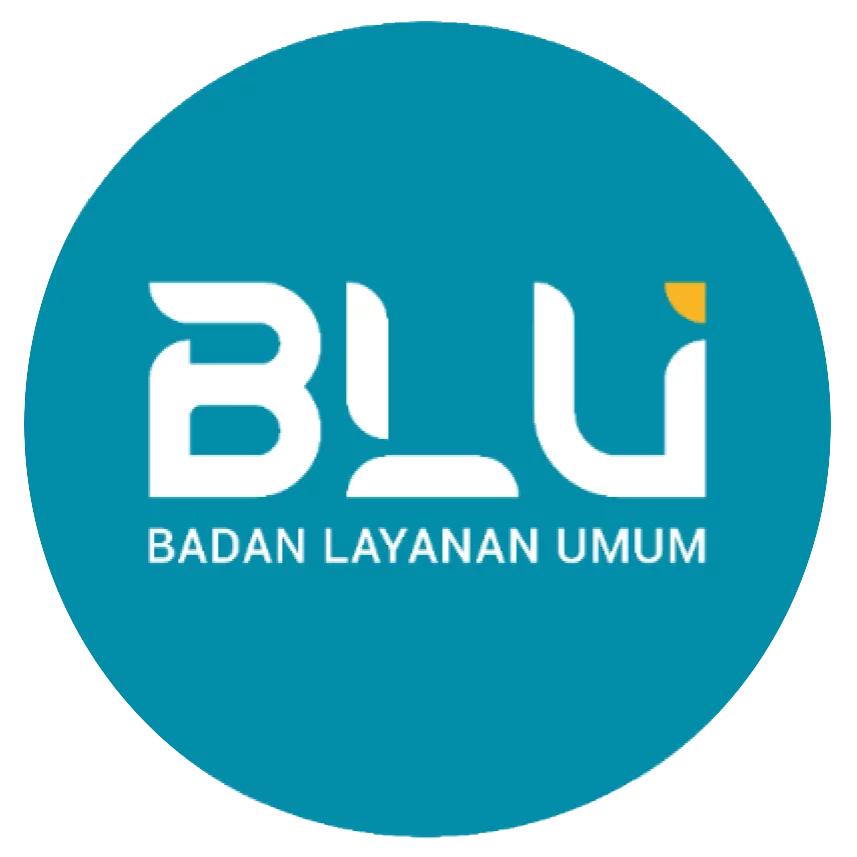OPAC (Online Public Access Catalog)
Pencarian Koleksi UPA Perpustakaan
start it by typing one or more keywords for title, author or subject


ORIGINA L AR TIC L E Open Access Modality and aspect and the thematic role of the subject in Late Archaic and Han period Chinese: obligation and necessity
Barbara Meisterernst - Personal Name

in Han period Chinese is at issue. Abraham and Leiss (Modality-aspect interfaces:
Implications and typological solutions, 2008) propose a strong and possibly
universal relation between the verbal aspect and either the root/deontic or the
epistemic reading of a modal verb based on data from the Germanic languages.
In this article, this hypothesis will be checked against the data of Late Archaic
and Early Middle (Han period) Chinese. It will be proposed that a relation similar
to that in the Germanic languages can also be established for Chinese at least
for the root modal values, despite the obvious differences between the aspectual and
modal system of Chinese and that of the Germanic languages. As in the Germanic
languages, root modal verbs in general select verbs/predicates which are compatible
with the perfective aspect, i.e. [+TELIC] verbs. Due to the fact that epistemic readings
have not developed yet for modal auxiliary verbs, the constraints proposed in Abraham
and Leiss for the epistemic reading of modal verbs in combination with imperfective or
[−TELIC] verbs cannot be confirmed for LAC and EMC. Epistemic modality is expressed
by sentential adverbs which take an entire proposition as their complement. These are
less confined in their selectional restrictions than modal auxiliary verbs.
| EB00000002684K | Available |
Series Title
-
Call Number
-
Publisher
: ,
Collation
-
Language
ISBN/ISSN
-
Classification
NONE
Content Type
-
Media Type
-
Carrier Type
-
Edition
-
Specific Detail Info
-
Statement of Responsibility
-









